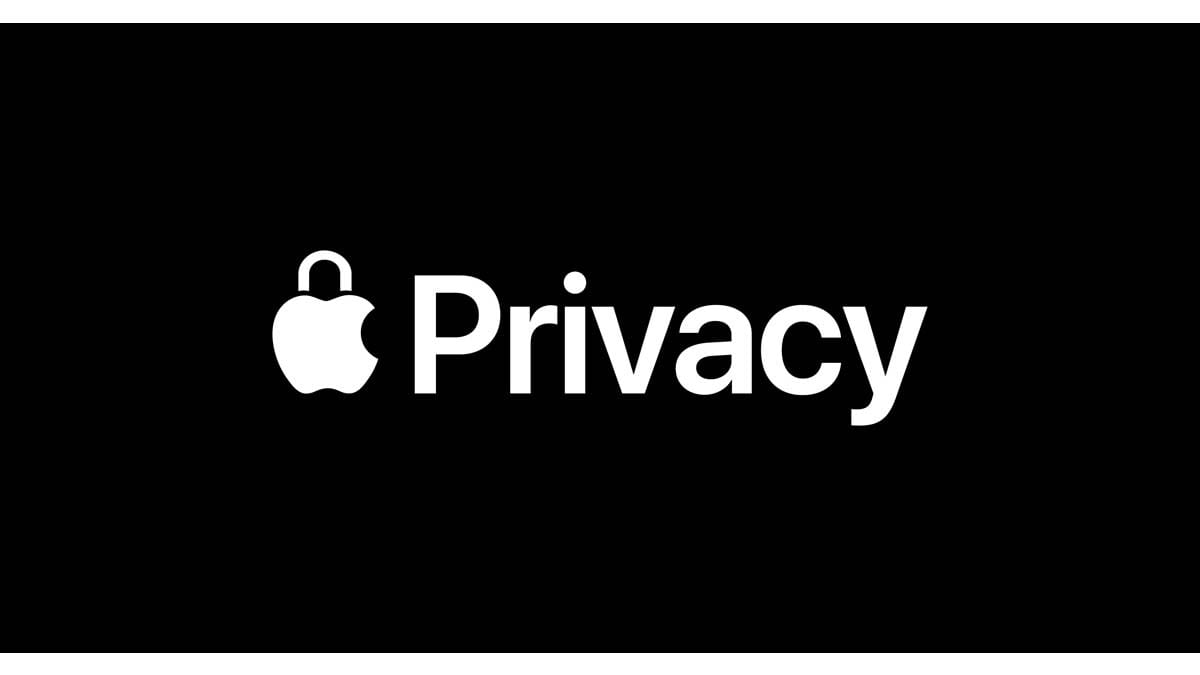As Apple says:
Privacy is a fundamental human right.
If you’ve been keeping up with the company, you’ll notice that they put a strong emphasis on protecting their user data, citing Apple privacy as one of their core values.
And it’s not just something they claim, either. Apple has a track record of implementing changes that are all about protecting their users’ data in every possible way. But why is that the case? Why does Apple put privacy first in every possible scenario?
The 2016 FBI incident
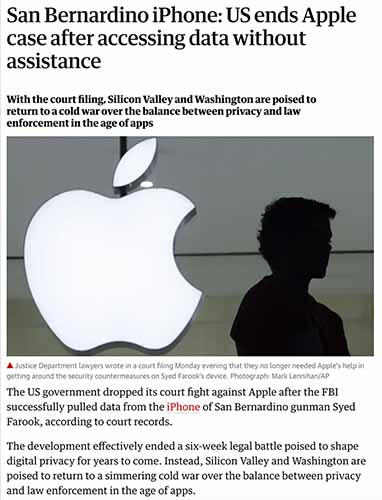
Even though this isn’t the first time we’re witnessing Apple’s strong commitment to protecting user data, it’s a prime example of just how dedicated they are.
The entire feud between Apple and the U.S. Federal Bureau of Investigation began when a federal judge asked Apple to help the Bureau with unlocking an iPhone which belonged to the shooter responsible for the San Bernardino shootings a few months prior.
iPhones are made to make any and all data inaccessible after 10 unsuccessful password attempts, which is what the FBI wanted help bypassing. However, Apple declined to help.
It was chief executive Tim Cook’s statement that claimed that to help the FBI, Apple engineers would need to write software that would be capable of unlocking hundreds of millions of devices.
And his argument was that if they provided the FBI with such software for that one device, there is absolutely nothing preventing the Bureau from using that same software to unlock just about any other iPhone device.
And even though the law enforcement agencies insisted that it was a one-off situation, Apple stood their ground, which is why the case went to court.
The entire situation was one of the most high-profile feuds when it comes to encryption and data privacy, and it made headlines. Both consumers and privacy advocates all supported Apple, claiming that creating a single backdoor to the operating system would make every device that uses that operating system vulnerable, which is a major hit to iOS security.
Eventually, while the case was still being dragged through the courts, the FBI claimed that they had hired a third party that was able to successfully unlock the device. While reports suggested that the third party in question is Cellebrite, an Israeli digital forensics company, the company refused to confirm anything.
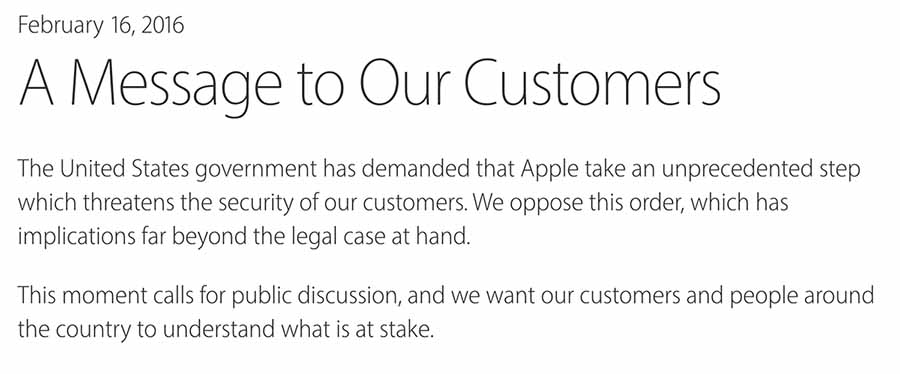
Of course, this does put a bit of pressure on Apple to find out how a third party was able to access one of their devices, and of course, try and patch up any vulnerabilities.
While the FBI did argue that Apple is preventing them from doing their job, one thing must be said – if Apple were to agree and provide access, it would’ve set a dangerous precedent that could be used (and abused) extensively. Not a good thing for a company that boasts a rather impressive focus on Apple privacy and security.
Apple privacy is a big part of their business model
If you take a look at some of the world’s largest technology companies, such as Facebook and Google, you’ll notice a trend – they make insane income from selling customer data and pushing ads to their customers.
To make matters worse, this trend seemingly grows, because now we have a vast variety of other companies who do the same, following the footsteps of Google and Facebook, and consumers hate it. And we get it – nobody wants their data to be sold to third-party companies. But both Google and Facebook enjoy that business model, and the chances of that changing anytime soon are rather slim.
On the other hand, Apple has a bit of a different business model. Their main focus is on selling hardware, and that’s where the majority of their profit comes from. Yes, they do bundle excellent software and operating systems with their hardware, but in most cases, the hardware is what brings in the profits.
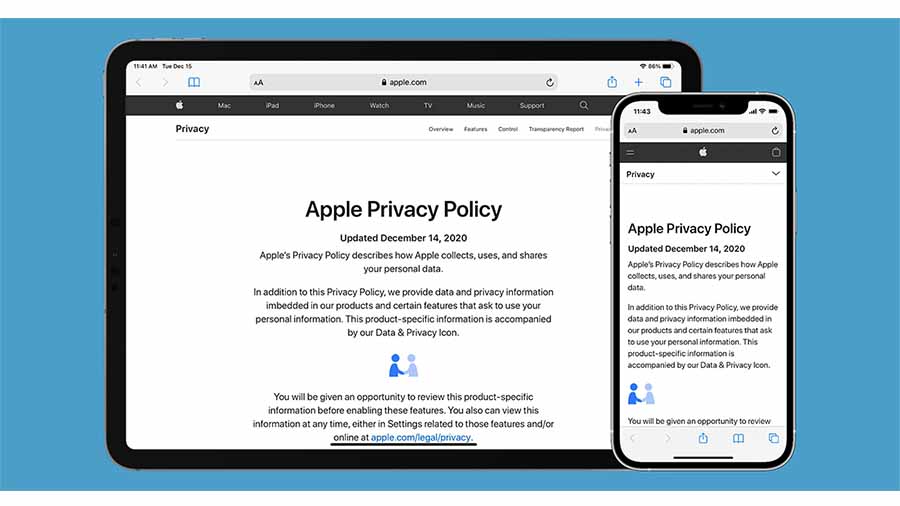
When you look at it this way, you start to figure out that Apple has a lot more freedom in terms of what they do with the software, and they have a bit of leeway before that impacts their business model and profits.
To add to this, the strong focus on Apple privacy and protecting user data also put them on a bit of a pedestal when you compare them to other big tech companies, especially with many of them being, well, controversial to say the least.
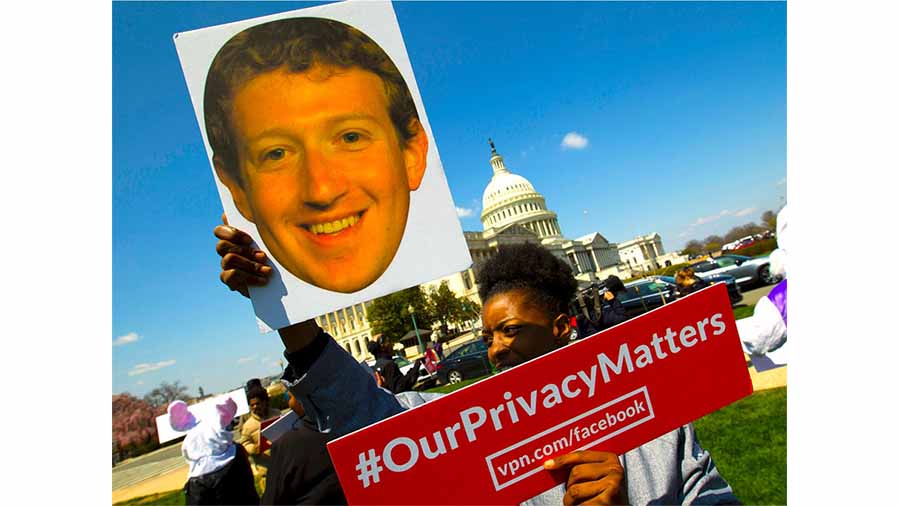
You probably remember what happened with Facebook and Cambridge Analytica, do you? We’re talking about user data being collected for the purpose of political advertising, without user consent. And that’s not the only controversial situation, however it is one that should put things in perspective. With Apple steering well clear of such situations, they get some positive attention, and even free marketing.
The App Tracking Transparency update
Back in January, or more precisely, on January 28, which is known as Data Privacy Day, Apple announced a major change that’s coming to iOS – App Tracking Transparency – and it plays a major role within Apple privacy.
It wasn’t the company’s only effort in the recent past, there’s also the privacy information section that was added to the App Store product pages, which requires all apps to showcase a summary of their developers’ privacy practices.
This is standardized, easy-to-find information that shows users who might download the app how their data is used. Even if the data isn’t linked to the users themselves, the apps are required to explicitly mention this.
But App Tracking Transparency is a big one because it will require each app a user installs to get permission for any kind of data tracking. When a user heads to the Settings menu, they’ll be able to see which apps have requested permissions, and either allow (or not) data tracking.
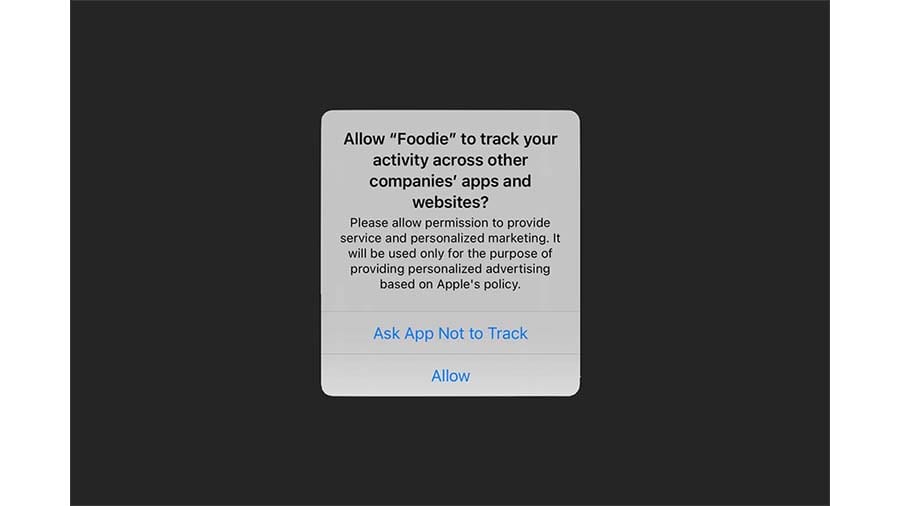
And even though this update did not impact apps that didn’t track user data across websites and apps, it did impact two major tech companies – Facebook and Apple.
Facebook already has some hatred towards Apple, and the App Tracking Transparency contributes greatly towards that. Apple is, quite frankly, very much justified in what they’re doing.
It puts an even stronger accent on the fact that they won’t just give your user data to anyone, and to make things even better, they’ll let you pick and choose just what kind of data goes to who, which is more than we can say for other companies that handle your data.
The update was praised and supported by a large number of privacy advocates, including representatives from Privacy International, the Center for Digital Democracy, and the Center for Humane Technology, among others.
Apple privacy is still going strong
Take a stroll back to 2005, and you’ll find that Apple’s Safari browser was actually the first browser to, by default, block third-party cookies. Fast forward then to iOS 11 and macOS High Sierra, where Safari limited tracking even further with the Intelligent Tracking Prevention.
And of course, then there’s the 2018 update to Mac devices in which Apple put policies in place to prevent companies from identifying users that use a Mac device based on the fonts and plug-ins they use.
These are all small steps that count towards Apple’s major focus on data privacy and user security. And while individually, they might not seem like much, when you put them all together you realize that Apple is a company that does care about its user’s data, how it’s tracked, and where it ends up.
This is, again, more than we can say for other companies that have a lot of user data to handle – they should learn a thing or two from Apple privacy and how it’s being handled.

